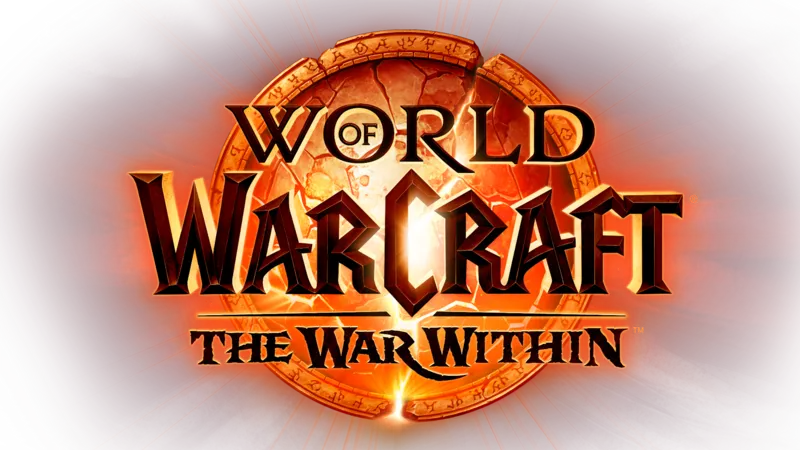China Opens Its Gates: World of Warcraft Making a Comeback
NetEase, a major player in China’s gaming industry, has announced the imminent return of popular titles like World of Warcraft to the Chinese market this summer. This news comes after the termination of their 14-year partnership with game publisher Activision Blizzard last year, which centered around disputes over intellectual property control. The dissolution of this long-standing partnership stirred significant backlash among Chinese gamers, who feared losing access to their beloved games.
For games to operate in China, they must obtain licenses from the government and have a local publisher. The fallout between NetEase and Activision Blizzard escalated into a legal battle before simmering down following Microsoft’s acquisition of Activision Blizzard for a whopping $69 billion in October last year.
Johanna Faries, president of Blizzard Entertainment, expressed gratitude for the unwavering support of the Chinese gaming community and affirmed their commitment to reintroducing Blizzard’s iconic games to players in China with excellence and dedication. Titles set to make a comeback include Hearthstone, Warcraft, Overwatch, Diablo, and StarCraft franchises.
China stands as the largest online gaming market globally, with domestic revenue reaching $42 billion by the end of last year. NetEase, ranking as the country’s second-largest video game company by revenue after Tencent, holds a significant position in this lucrative sector.
In a move signaling further collaboration, Microsoft and NetEase have announced plans to explore bringing new NetEase titles to Microsoft’s gaming platforms, including Xbox consoles. Phil Spencer, CEO of Microsoft Gaming, emphasized their commitment to expanding gaming accessibility worldwide.
However, China’s gaming industry has encountered regulatory hurdles. In 2021, authorities restricted online gaming for individuals under 18 to one hour on Fridays, weekends, and holidays. Additional measures to curb in-game purchases were announced later in the year. Despite this, recent developments suggest a softening of China’s stance on stringent gaming regulations aimed at addressing what regulators termed “obsessive” gaming behavior.

















